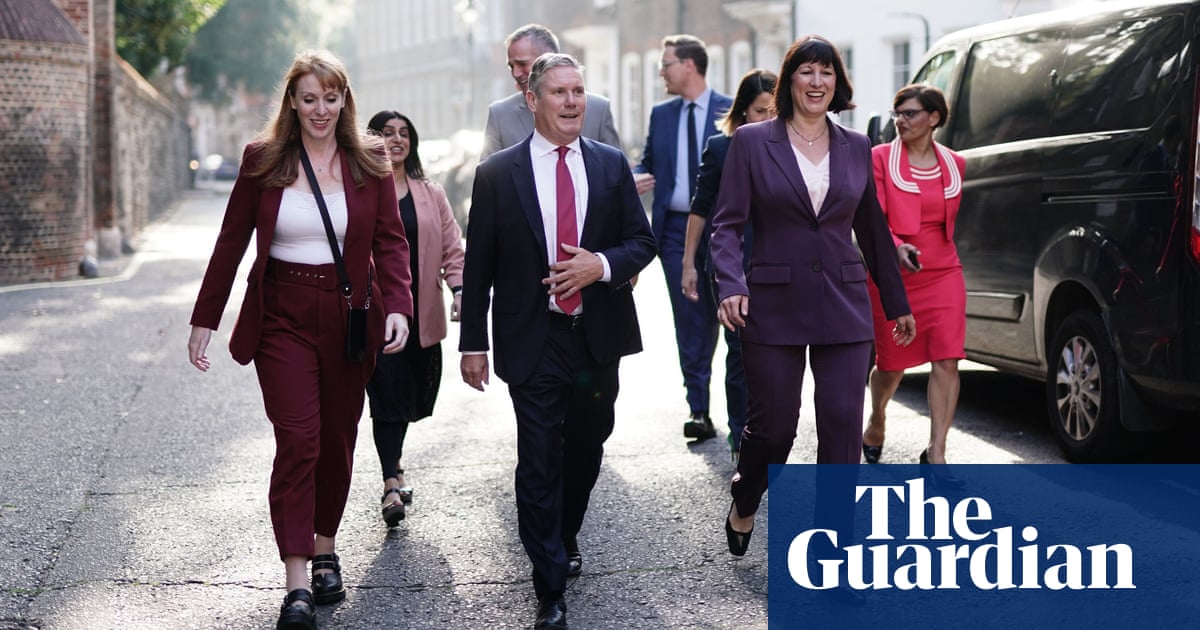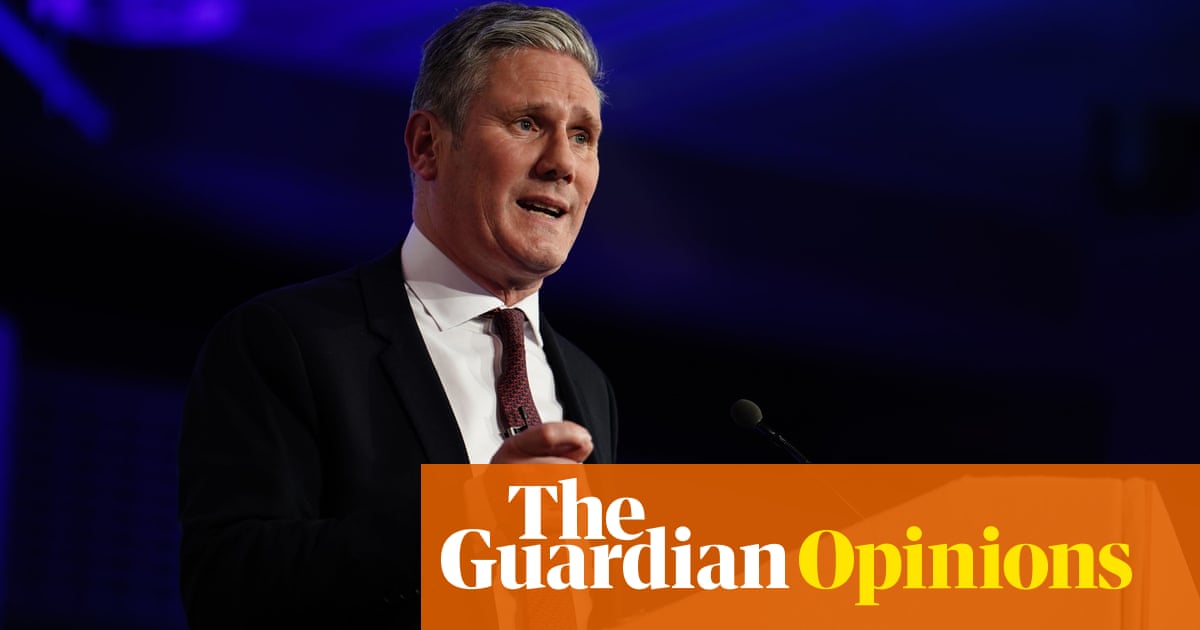
Keir Starmer has made Lisa Nandy, one of the candidates he defeated to become Labour leader, his shadow foreign secretary, and Anneliese Dodds, who became an MP only in 2017, his shadow chancellor.
Speaking before the first tranche of top appointments, the new Labour leader promised he would create a shadow cabinet balanced between the various wings of the party.
However, MPs still loyal to Jeremy Corbyn will note there was no immediate role for Rebecca Long-Bailey, the former leader’s perceived favourite in the leadership race, and no senior job yet for other figures associated with his camp.
Starmer’s top team was completed by Nick Thomas-Symonds, a barrister, who takes over from Diane Abbott as shadow home secretary. Thomas-Symonds, the MP for the Welsh seat of Torfaen since 2015, was previously a security minister in the shadow home affairs team.
Dodds, the Oxford East MP, is a former MEP and has spent nearly three years as a shadow Treasury minister.
Among the other appointments, Angela Rayner, the newly elected deputy leader, was also made the Labour party chair.
There was a return to the shadow cabinet for Rachel Reeves, the Leeds West MP who was shadow work and pensions minister under Ed Miliband but who spent the entire Corbyn period on the backbenches. She was made shadow chancellor of the Duchy of Lancaster.
Jonathan Ashworth remains in the health brief, as was widely expected given the coronavirus pandemic, with Nick Brown staying as chief whip and Angela Smith as shadow Lords leader.
Barry Gardiner, Jon Trickett and Ian Lavery were confirmed as having left the shadow cabinet, having served as shadow international trade secretary, shadow Cabinet Office minister and party chair respectively. Trickett tweeted to say Starmer had “politely asked me to stand down”.
Emily Thornberry, previously shadow foreign secretary, will stay in the shadow cabinet in a new position to be announced on Monday.
Nandy’s elevation was the one surprise amid the most senior appointments, with a series of newspapers having tipped the Cardiff MP Jo Stevens as being lined up for the post.
While Nandy, the MP for Wigan since 2010, came a third in the leadership race, she emerged during the campaign as a leading voice in promoting Labour efforts to reconnect with voters in struggling towns in the north and Midlands.
Nandy’s mantra during the campaign was that Labour must “change or die”. On foreign affairs she was critical of what she said was the disinclination of Corbyn and his team to criticise Russia, and she called for a more positive defence of international values.
In a tweet following the news, Nandy wrote: “It’s a real honour to be tasked with leading Labour’s foreign policy response in these difficult times.”
Starmer said that under his leadership the priority would be to “act in the country’s interest to save lives and protect livelihoods” during the coronavirus pandemic.
“We will be a responsible opposition that supports the government where we believe they are right and challenge them when we believe mistakes are being made,” he said.
Asked about his plans earlier in the day, Starmer told BBC One’s Andrew Marr Show that his shadow cabinet would be “balanced across the party, it will be balanced across the country – and of course it will be balanced in terms of diversity”.
Asked if he would include some Blairites in his frontbench team, Starmer said he wanted to move on from such labels.
“I will have in my shadow cabinet those that want to serve towards the future aim of winning that next general election. It’ll be a talented, balanced shadow cabinet,” he said. “We’re not looking back, we’re not badging people by the past. We’re going forward to the future, focusing on how we win the 2024 general election.”
In his first media interview since winning the leadership, Starmer sought to stress party unity but made it plain he believed that Labour needed significant change. “We just lost four elections in a row and therefore of course we need to change. If we don’t change we will lose the next general election.”
Playing down the idea of some form of national unity government, Starmer pledged to work constructively with the government over the response to coronavirus while asking “difficult questions” when needed.
But he stressed the need for an equitable economic settlement once the crisis was over, saying there would be a need for richer people and corporations to pay more tax, rather than a return to austerity.
“What we can’t do is go back to business as usual,” he said. “We now know who the key workers really are, and they very often have been overlooked and underpaid, and there has got to be a change. They were last and now they’ve got to be first.”












